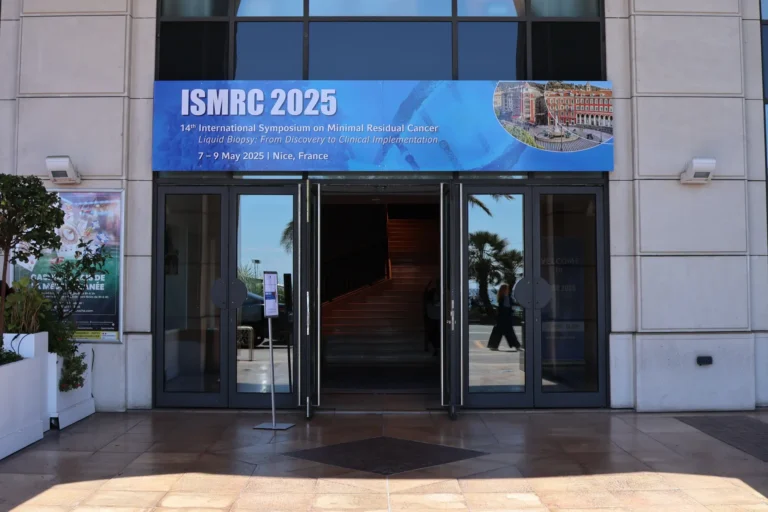From May 7 to 9, 2025, IHU RespirERA co-hosted the International Symposium on Minimal Residual Cancer (ISMRC), a leading global event dedicated to liquid biopsy in oncology.
A major international event in cancer research
Founded in 1996, theISMRC has become a key meeting point for researchers, clinicians and industry players working on innovative diagnostic approaches in cancer care. The 14th edition took place in Nice at the Hyatt Regency Palais de la Méditerranée and brought together hundreds of participants from around the world.
As a co-organiser alongside theIHU RespirERA, IHU RespirERAplayed a central role in the scientific program, fully aligned with its core missions in thoracic oncology and precision medicine.
What is Liquid Biopsy?
La liquid biopsy is a groundbreaking technology that allows the detection of cancer-related genetic material through a simple blood sample. Liquid biopsy is a groundbreaking technology that allows the detection of cancer-related genetic material through a simple blood sample. This non-invasive approach is rapidly gaining ground due to its ability to: ou cellules tumorales circulantes. Ces analyses non invasives sont en plein essor, car elles ouvrent la voie à :
-
enable earlier cancer detection, des cancers,
-
support real-time monitoring of treatment responses, des traitements,
-
and guide personalised therapeutic decisions, particularly in immuno-oncology and targeted therapies.
Scientific highlights: from basic research to clinical application
ISMRC 2025 covered the latest advances in:
-
the the detection and monitoring of minimal residual disease (MRD),
-
le tumour evolution tracking through blood sampling,
-
and the integration of liquid biopsy into clinical decision-making.
The symposium featured high-level plenary sessions, engaging poster presentations, and strong support for emerging researchers through the Young Investigator Awards.
IHU RespirERA: accelerating precision medicine for respiratory diseases
Through its involvement in ISMRC 2025,IHU RespirERA confirms its role as a key scientific driver in the field of lung cancer and respiratory healthBased in Nice and supported by Inserm, Université Côte d’Azur, the Nice University Hospital and Inria, the institute is committed to advancing translational research and bringing innovative tools to clinical practice. accélérer le passage de la recherche à la médecine de précision, au bénéfice des patients.
* All beverages served during the event were non-alcoholic.



